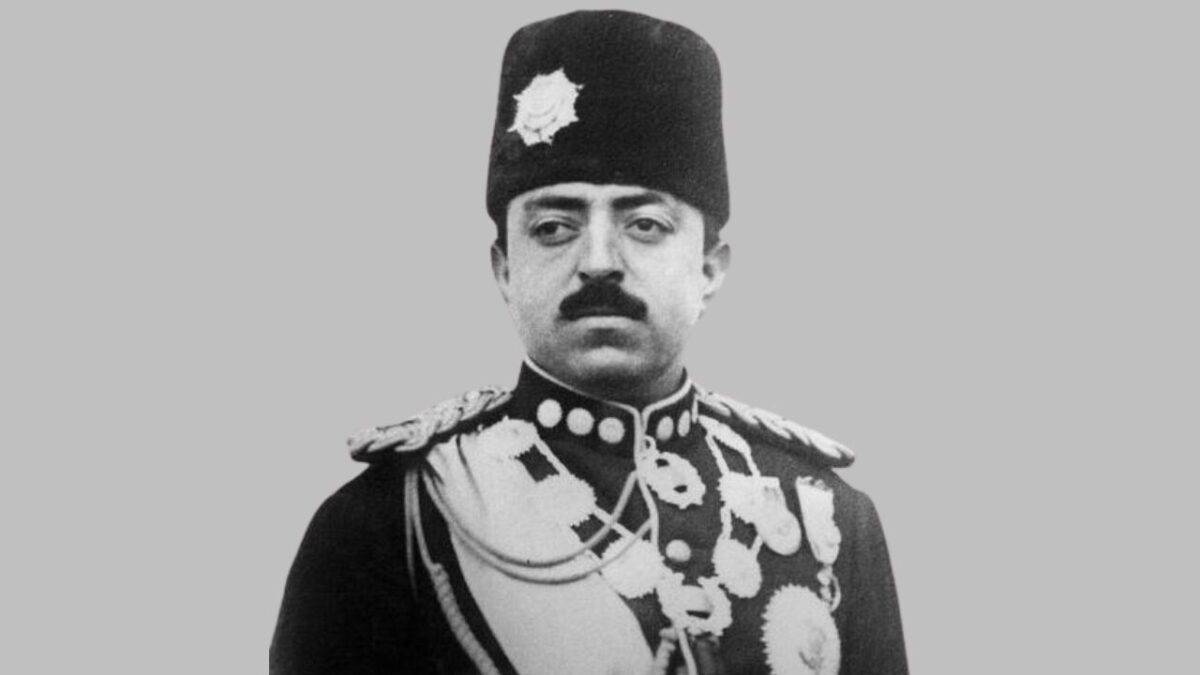King Amanullah Khan, remembered as a progressive and reform-minded monarch, stands out in Afghanistan’s history as the first leader to advocate for women’s rights. His efforts not only included practical measures to increase women’s participation in society but also a set of forward-thinking ideas aimed at securing those rights. On this Independence Day, it is worth reflecting on some of his statements that reveal his progressive stance on the issue.
King Amanullah expressed deep concern for the dignity of Afghan women, stating, “We are responsible for the women who know no gaze but ours, whose happiness and sorrow depend on the smiles and frowns of men. I, as your king by the grace of God, am responsible not only for the welfare and freedom of you men but even more so for my female subjects. My heart and conscience cannot tolerate that, due to the selfish desires of a few men, so much misery and disgrace be imposed on a helpless and voiceless segment of my people—the women. And let me be clear: you scholars and educated men share this responsibility with me. For God’s sake, respect the rights of those whose well-being has been entrusted to you, and remove the blindfold of ignorance. The life of a man with one wife is vastly different from that of a man with many.”
King Amanullah believed that education was a fundamental right for both men and women. He famously declared, “Do not think that the pursuit of knowledge is only obligatory for men! It is equally required for women by God’s decree, and all your scholars know this. Therefore, strive equally in the education of your sons and daughters, for you will be held accountable in the hereafter for the education and upbringing of your children, both male and female. Just as men are obliged to know the rules of prayer, ablution, fasting, almsgiving, and pilgrimage, so too must women be knowledgeable. Moreover, if women are educated and well-mannered, their children—who spend most of their early years in their mothers’ care, which is their first school—will naturally grow up to be educated and well-bred.”
During a visit to a girls’ school, King Amanullah encouraged young women to learn skills and embrace opportunities. “They should learn horse riding and fine arts,” he said, “and if the opportunity arises, they should even learn to fly airplanes like European women. The practice of veiling in Afghanistan has been imposed on women in an exaggerated manner. While modesty, when observed in moderation, is a commendable tradition, true modesty lies in a woman’s heart and soul. We must not allow outward modesty to become an obstacle to national progress.”
These statements underscore King Amanullah’s commitment to advancing women’s rights in Afghanistan—a vision that remains as relevant today as it was a century ago.
Nasrullah Stanekzai is an analyst in political and international affairs and former lecturer at Law Faculty, Kabul University.
The opinions expressed are solely those of the author and do not necessarily represent the views of the Amu website.





